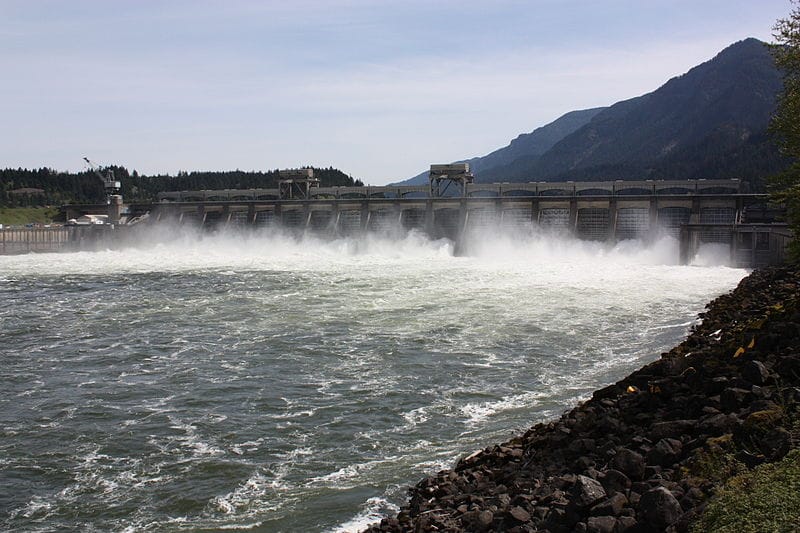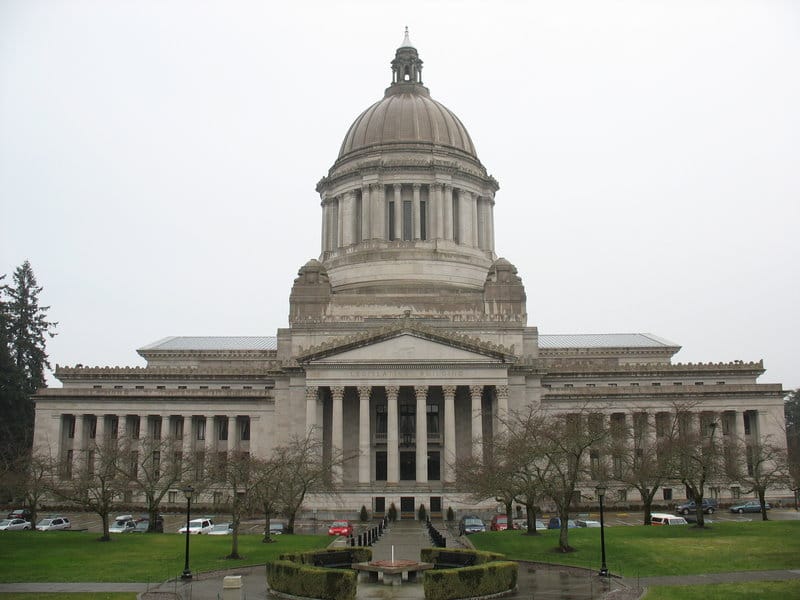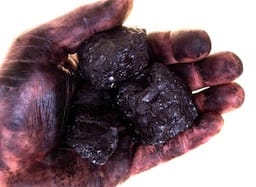Topics
BPA seriously underfunding energy efficiency
Bonneville Power recently released its proposed capital budget, but it has not yet finalized its expense budget for public review. Given what we’ve seen so far, BPA’s draft budgets for 2016-17 seriously underfund energy efficiency efforts, making achievement of the full power savings called for in the regional plan unlikely at best.
NWEC spring conference to feature energy efficiency panel
Please join us May 2-3 at the NW Clean & Affordable Energy Conference in Helena, Mont. One of panels at the Helena conference will address the challenges and opportunities for increasing energy efficiency in the Northwest. Energy efficiency is now the second-largest resource used to meet customer electricity needs, and meeting all new electricity needs with energy savings is within reach. But troubling clouds are on the horizon.
Save Our Wild Salmon press release: Science panel’s review provides pathway to expanded spill test
On Friday, the Independent Scientific Advisory Board of the Northwest Power and Conservation Council released its review of Oregon’s proposal to test state, federal and Tribal scientists’ findings that increased spring spill over Columbia Basin hydropower dams would help restore endangered Columbia-Snake river salmon stocks.
Olympian Editorial: Do not compromise the Energy Independence Act
The Olympian editorial denounces bills in the Washington State Legislature that would chip away at our Clean Energy Law, Initiative 937. The article asserts that Washington should continue developing new renewable energy resources, such as wind, solar, and geothermal, in order to reduce carbon emissions.
Stop the clean energy rollbacks!
Several bills moving toward floor votes in Olympia would undercut our clean energy law, Initiative 937, and reduce Washington’s commitment to a clean and affordable energy future. Proposed changes include allowing coal purchases from the TransAlta plant to reduce utilities’ renewable energy obligations. Tell your state legislators to stop rollbacks to I-937 and clean energy!
Editorial: Latest salmon deal is disappointing (again)
The Daily Astorian editorial describes how the most recent biological opinion (bi-op) produced by NOAA Fisheries on behalf of the Bonneville Power Administration lacks broad stakeholder input and fails to protect endangered salmon. The editorial also purports that the bi-op disregards strategies for returning Columbia River to a more natural state.
Op-Ed: Coal's time is over
The MagicValley.com op-ed by Mary McGown asserts that Idaho Power needs to work aggressively for clean and affordable electricity. McGown maintains that achieving a coal-free, energy-efficient future will require changes by the utility and possibly in state law and regulations.
Protect and advance our clean energy law!
The voter-approved Clean Energy Initiative, I-937, has created thousands of jobs and generated over $8 billion in new renewable energy investments. It is also our No. 1 tool for reducing climate change emissions to state-mandated levels. Take action to oppose changes to I-937!
Federal agencies squander chance for progress on Northwest salmon
The NOAA Fisheries plan for endangered Columbia and Snake River salmon fails to address the issues that triggered federal-court rejections of three previous plans. The plan, called a biological opinion, fails to help salmon, does not incorporate broad stakeholder input, and ignores climate change impacts.
The Oregonian guest opinion: Will 2013 be the year coal died?
The real energy story of 2013 may turn out to be the death of coal.
That’s still a little premature, but consider: Ten years ago some 120 new coal power plants were in the siting and financing pipeline. Today, nearly all have been abandoned.
Thirty per cent of existing coal plants, representing nearly 20 percent of U.S. coal generating capacity, have been terminated or announced near-term closure dates. Coal’s share of U.S. power generation has dropped from 53 percent in 2000 to 37 percent today.









